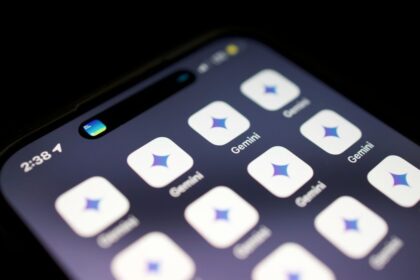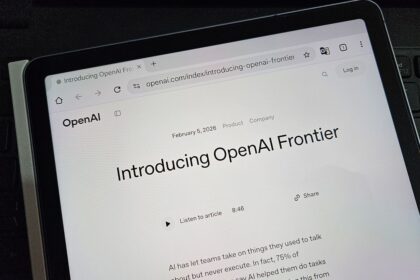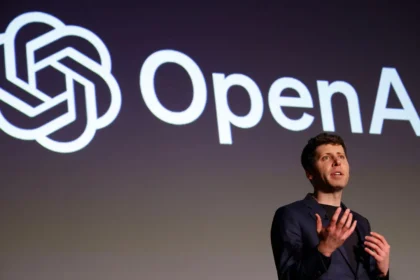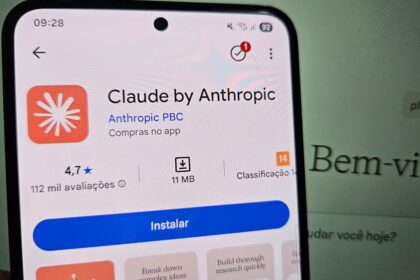Less than two weeks after its release, OpenAI’s Sora 2 AI video app has already stirred up a storm. The app hit one million downloads faster than ChatGPT, inspired a wave of counterfeits, triggered legal debates in Hollywood, and even forced OpenAI to revise its copyright rules.
But among all the buzz, the most unsettling controversy came from AI-generated videos bringing deceased celebrities “back to life.”
The Dead Come Alive
Shortly after Sora 2 launched, social media feeds were flooded with realistic AI videos depicting late public figures — including Kobe Bryant, Michael Jackson, Amy Winehouse, Robin Williams, Malcolm X, John Lennon, and Elvis Presley.
These digital recreations, while technically impressive, sparked fury from families and the entertainment industry, which condemned the unauthorised use of celebrity likenesses.
“OpenAI needs to take immediate and decisive action to address this issue,”
said Charles Rivkin, chairman of the Motion Picture Association (MPA), in a statement.
Following the backlash, OpenAI announced stricter copyright and likeness policies, pledging to remove videos of deceased celebrities if requested. The company reiterated that users must not generate content using a person’s image or voice without permission.
While AI recreations of famous figures are not new, the debate over consent, ownership, and posthumous rights has become more urgent as generative tools become more powerful and accessible.
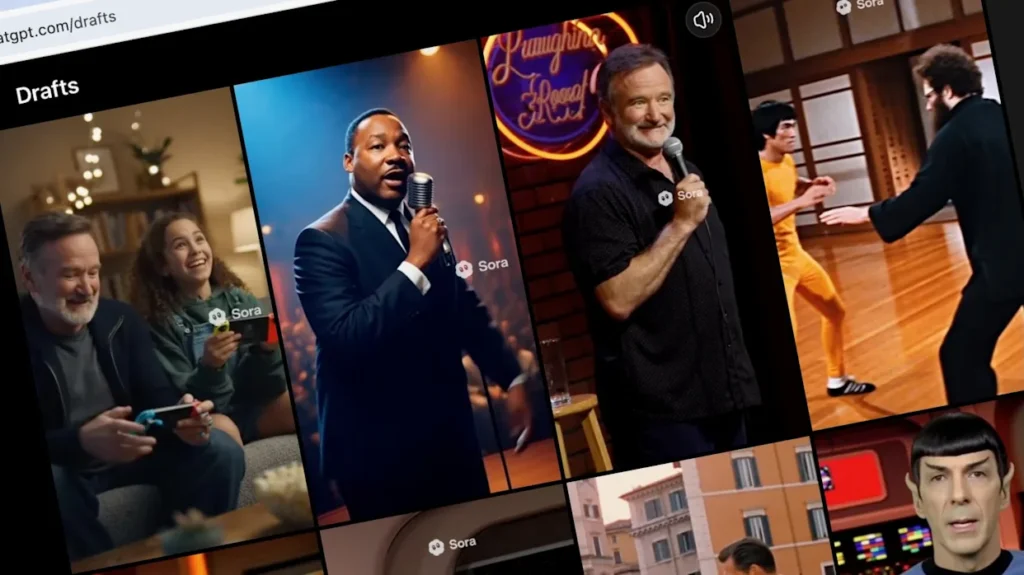
Families Plead for Respect
For families of the deceased, the sudden resurgence of AI-generated videos has been deeply distressing.
“If you’ve got any decency, just stop doing this — to him and to me, to everyone. It’s dumb, it’s a waste of time and energy, and it’s NOT what he’d want,”
wrote Zelda Williams, daughter of the late actor Robin Williams, on Instagram.
Kelly Carlin-McCall, daughter of comedy icon George Carlin, shared similar frustration on BlueSky:
“We are doing our best to combat it, but it’s overwhelming and depressing.”
From The Washington Post, Ilyasah Shabazz, daughter of Malcolm X, expressed her dismay:
“It is deeply disrespectful and hurtful to see my father’s image used in such a cavalier and insensitive manner when he dedicated his life to truth.”
Dr. Bernice A. King, daughter of Martin Luther King Jr., echoed those concerns on X, sharing Zelda Williams’ post and adding:
“I concur concerning my father. Please stop.”
Even corporate rights holders have spoken out. Joan Kowalski, president of the company managing the legacy of painter Bob Ross, told The Post:
“There’s some sort of weird human condition where people want to take the most lovely, innocent thing and bash it.”
Difficult Line Between Innovation and Ethics
The uproar over Sora 2 underscores the growing tension between creative freedom and ethical responsibility in AI-generated media. While the technology behind Sora 2 demonstrates stunning progress in video realism, its misuse has opened new questions about digital consent, legacy protection, and emotional harm to the families of those depicted.
As OpenAI races to tighten its content rules, one thing is clear — the line between innovation and intrusion has never been thinner.






